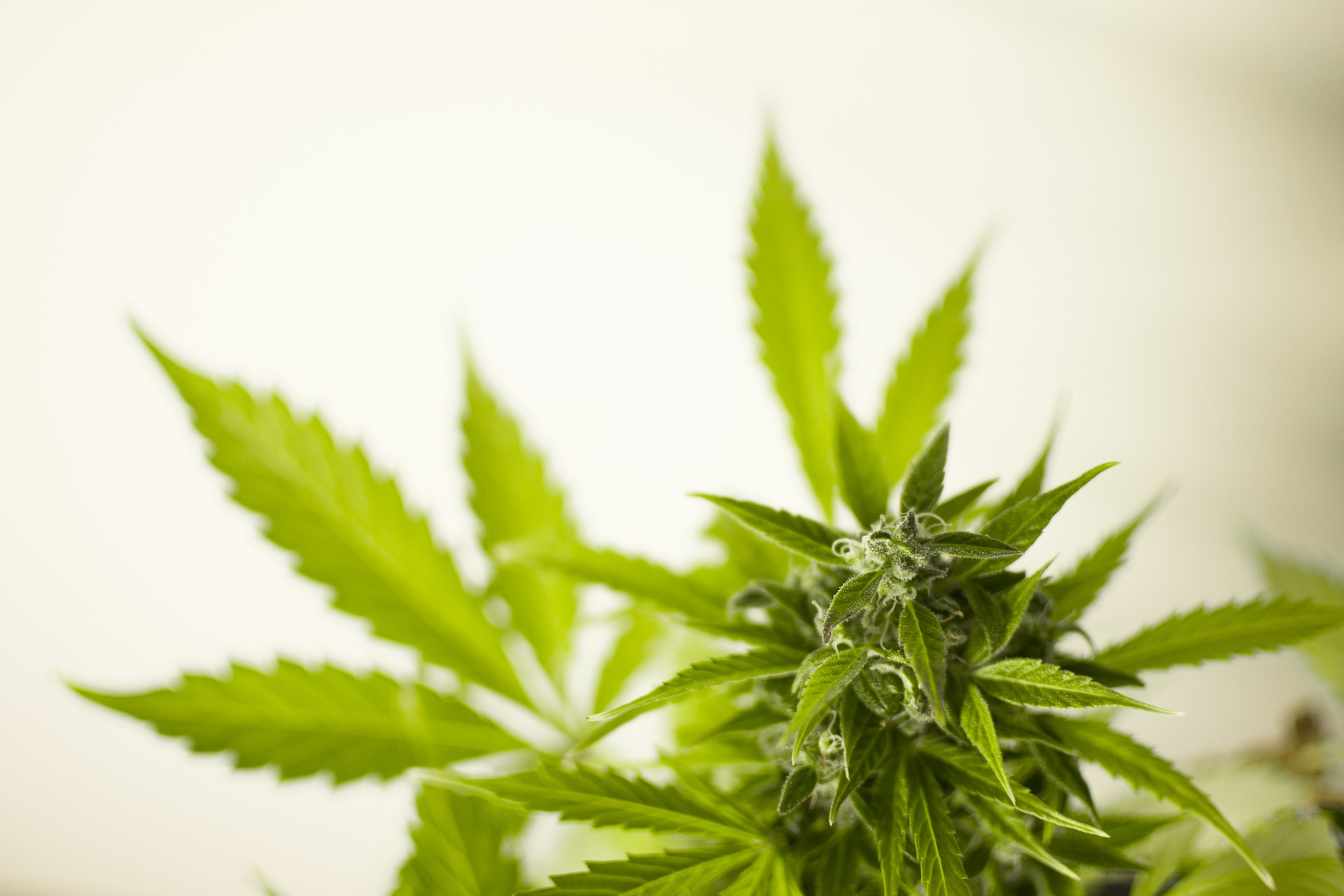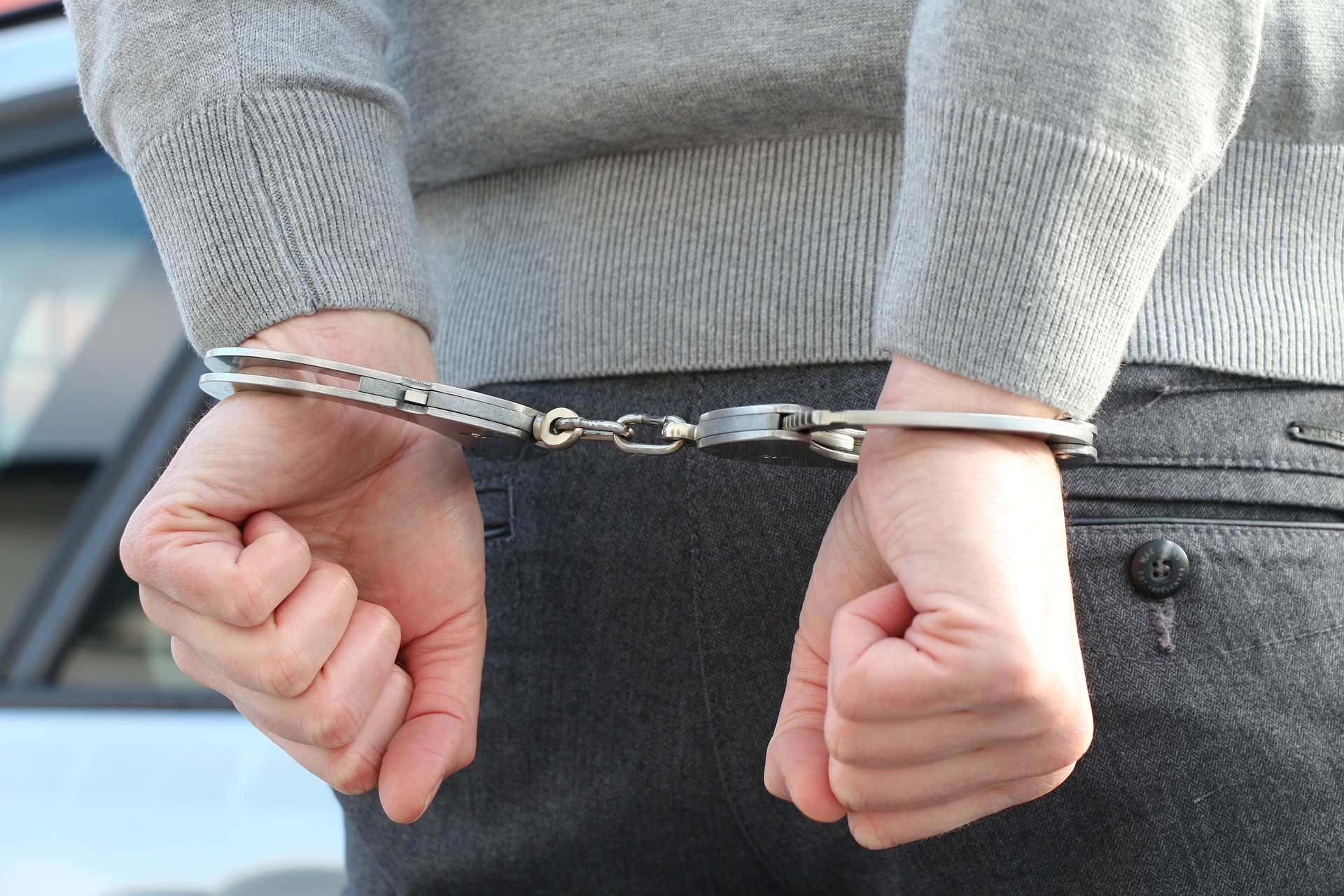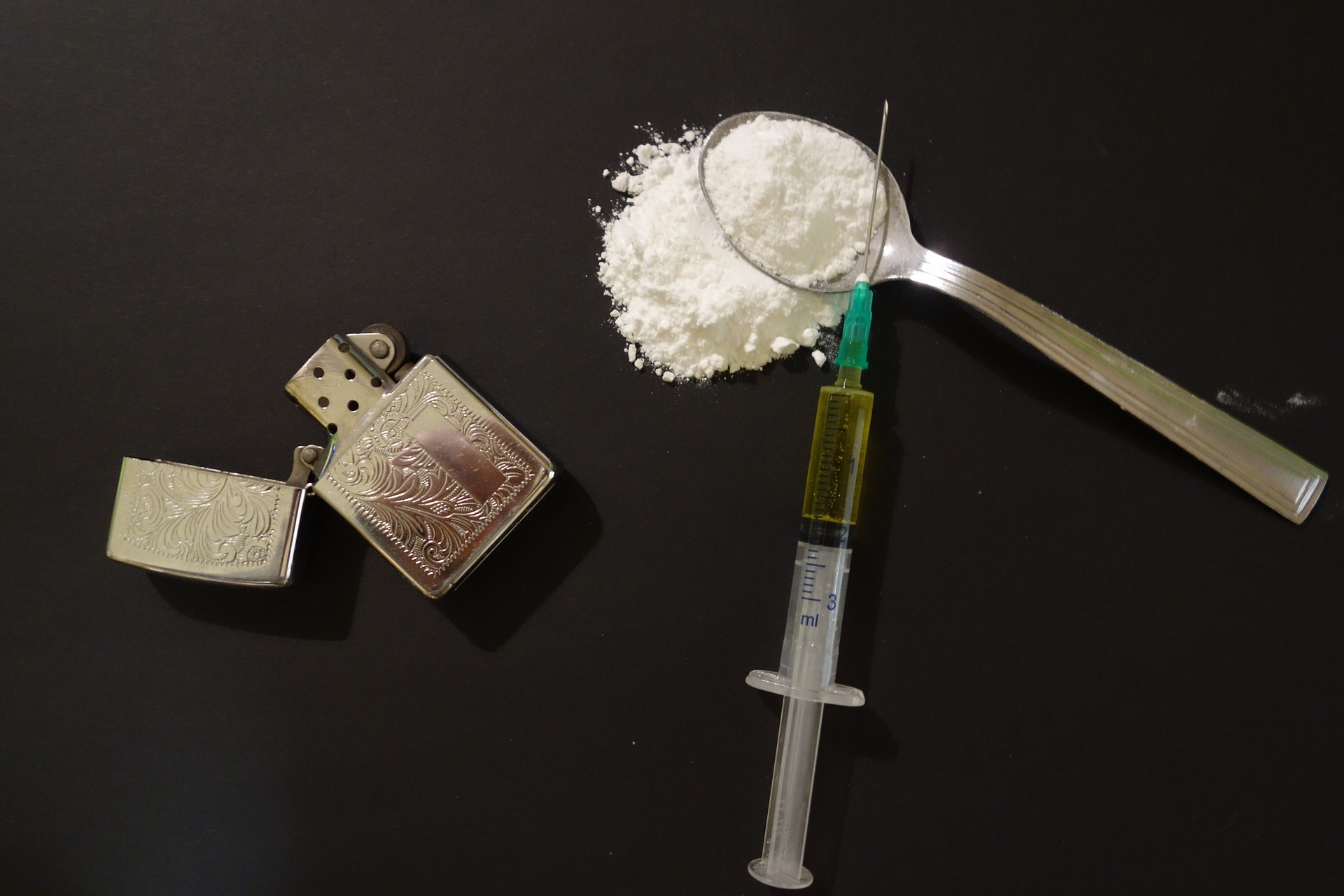In an interview with HBO’s Axios, Philadelphia District Attorney Larry Krasner indicated that he is extremely close to decriminalizing drug possession in Philadelphia. This revelation has caused a stir, which should come as no surprise: If drug possession is decriminalized in Philadelphia, it will be the first policy of its kind in the US and could set a precedent that other cities would follow. There are, however, concerns about potential negative impacts of such a progressive policy.
Treatment, Not Jail Time

One of the points made by District Attorney Krasner is that possession of small amounts of illegal drugs is fundamentally different than dealing them, with the vast majority of those convicted of possession being users and addicts. Krasner believes that drug addicts would be better served by help targeted at their problem in the form of a diversionary program, treating possession as a medical issue rather than a criminal issue. The diversionary program would include treatment or community service and would not result in a criminal record.
Those found in possession of drugs would not be shielded from federal law enforcement agencies such as the DEA (Drug Enforcement Administration).
Can He Do It?
This approach to possession charges is well within DA Krasner’s purview. As the DA he can determine when someone is to be charged with a crime, the severity of those charges, and make suggestions regarding potential prison terms. He has already relaxed policies involving possession of marijuana, regardless of the amount involved, and refused to prosecute many such cases, choosing instead to focus the efforts of the DA’s office on criminal cases that have more impact on the safety of Philadelphia residents.
Potential Benefits
A major promise during DA Krasner’s campaign was the reduction of prison overcrowding due to convictions for minor offenses, which this policy would certainly assist with. Along with reduced crowding in jails and an opportunity for addicts to get help, there are other potential benefits to decriminalization of drug possession. Current policies make it difficult for individuals convicted of possession of even small amounts to find employment, obtain educational loans, or purchase a home because of the criminal record that comes with possession. And the punishment does not always seem to fit the crime because in some cases even first-time offenses can lead to a year in jail along with thousands of dollars in fines.
Current Approach

In Philadelphia, the repercussions of a drug possession conviction depend heavily on the type of drug involved, but all possession crimes, and especially in the case of repeat offenders, are treated very seriously. Lighter sentences can be expected for possession of a drug like marijuana, but much heavier sentencing is associated with illegal drugs such as PCP, heroin, and cocaine.
However, the Philadelphia police have already made efforts to implement diversion programs that would connect people with addiction issues to social services as opposed to arresting them for low-level crimes (e.g., possession, retail theft, prostitution). This diversionary approach stems in part from recognizing that addiction is a public health issue.
How Drug Possession is Viewed
The reasoning behind such strict laws involving possession is the firm belief that the use of illegal drugs contributes heavily to other types of criminal activity in Philadelphia, including theft, fights, and other disturbances. Drug possession is associated with usage, which can lead to driving under the influence and putting the lives of innocent citizens in danger. In addition, the leadership of Philadelphia also believe that widespread drug usage can compromise the quality of life of others who live in the city.
Concerns about Decriminalization

Concerns are being expressed about potential decriminalization of drug possession, although the fact that no details have yet been released about the potential plan limits understanding and therefore critiques of exactly what the DA may have planned; a spokesperson for Mayor Jim Kenney stated that without a clear understanding of the policy in full it is difficult to make any comments.
Philadelphia Police Commissioner Richard Ross has cautioned that blanket policies allowing citizens to possess illegal narcotics without consequences could have unpleasant outcomes, pointing out that the violence that seems inherent in drug dealing already has a major impact on the murder rate in Philadelphia. On the other hand, Ross also points out that they have no interest in seeing addicts simply put in prison. There is also concern that the decriminalization of possession will further fuel drug-related crimes and encourage more widespread use of drugs.
Conclusion
Only time will tell if DA Krasner’s efforts toward the decriminalization of drug possession will have sufficient positive effects on the city of Philadelphia to maintain it indefinitely. Treating drug possession and addiction as a public health problem rather than a criminal one shows great promise, but it may not do much to help reduce crimes related to drug usage, including theft, prostitution, and DUI. Predictions about its effectiveness will have to wait until more details are released concerning DA Krasner’s plan.
Contact Robert L. Schwarz
If you or someone you care about has been charged with any type of crime related to drugs (ranging anywhere from possession to dealing), contact the law offices of Robert L. Schwarz without delay. With experience as both a private criminal attorney and a former Delaware County public defender, I will ensure that you get the best possible defense, whether that means a plea bargain, a rehabilitative program, or a trial. I look forward to helping you!
